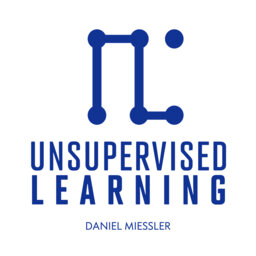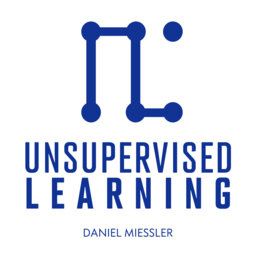UL NO. 463 | Launching 2025, US Soldier Data Leak, AI Agents Emerge, China's Global Spy Network, Robotaxis Now Safer Than Humans
Navigating AI's impact on work, the rise of transnational threats, a grim new reality in air travel, and how to harness the chaos of 2025 for personal and professional growth.
Subscribe to the newsletter at:
https://danielmiessler.com/subscribe
Join the UL community at:
https://danielmiessler.com/upgrade
Follow on X:
https://twitter.com/danielmiessler
Follow on LinkedIn:
https://www.linkedin.com/in/danielmiessler
See you in the next one!
 Unsupervised Learning
Unsupervised Learning


